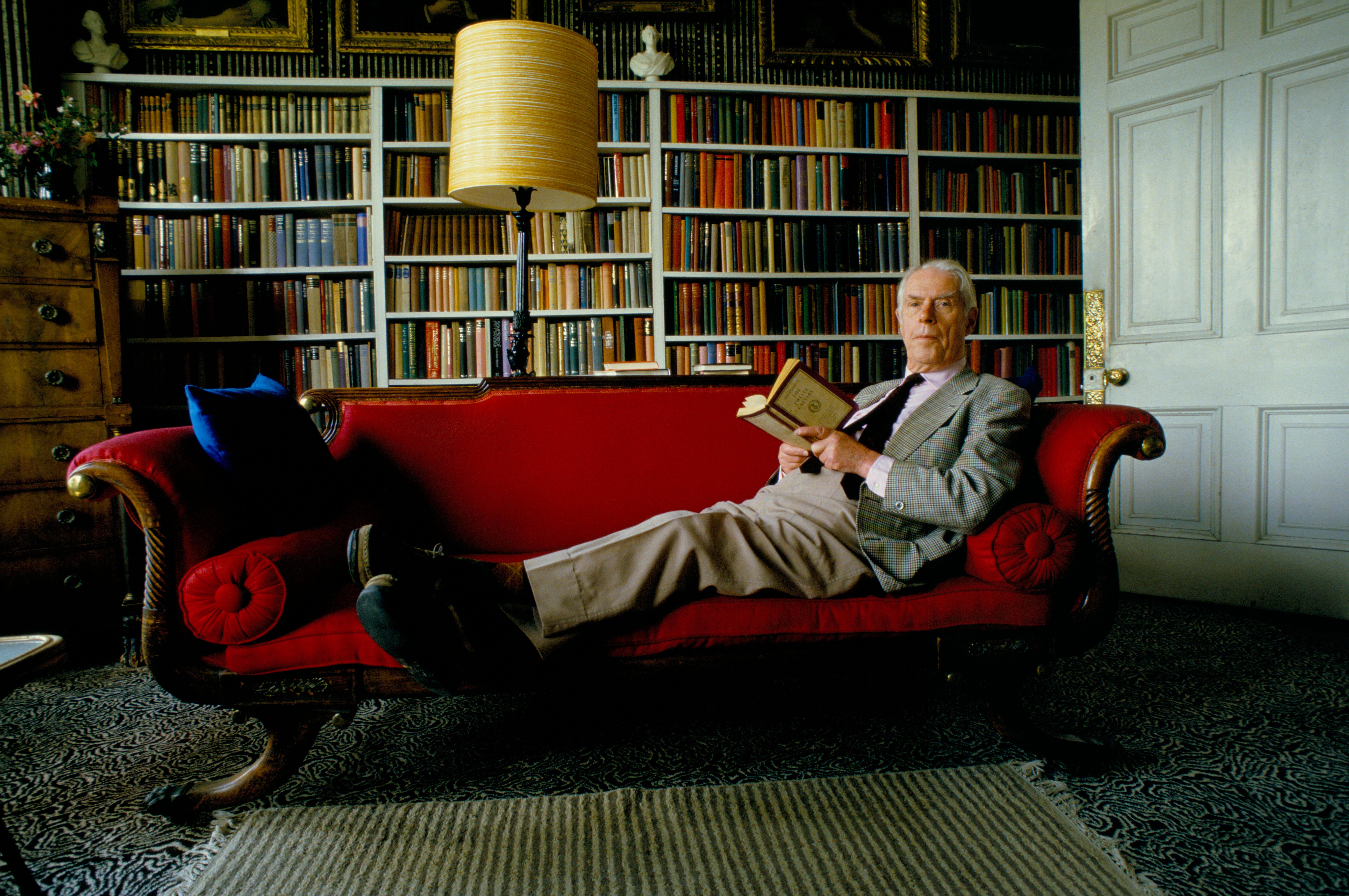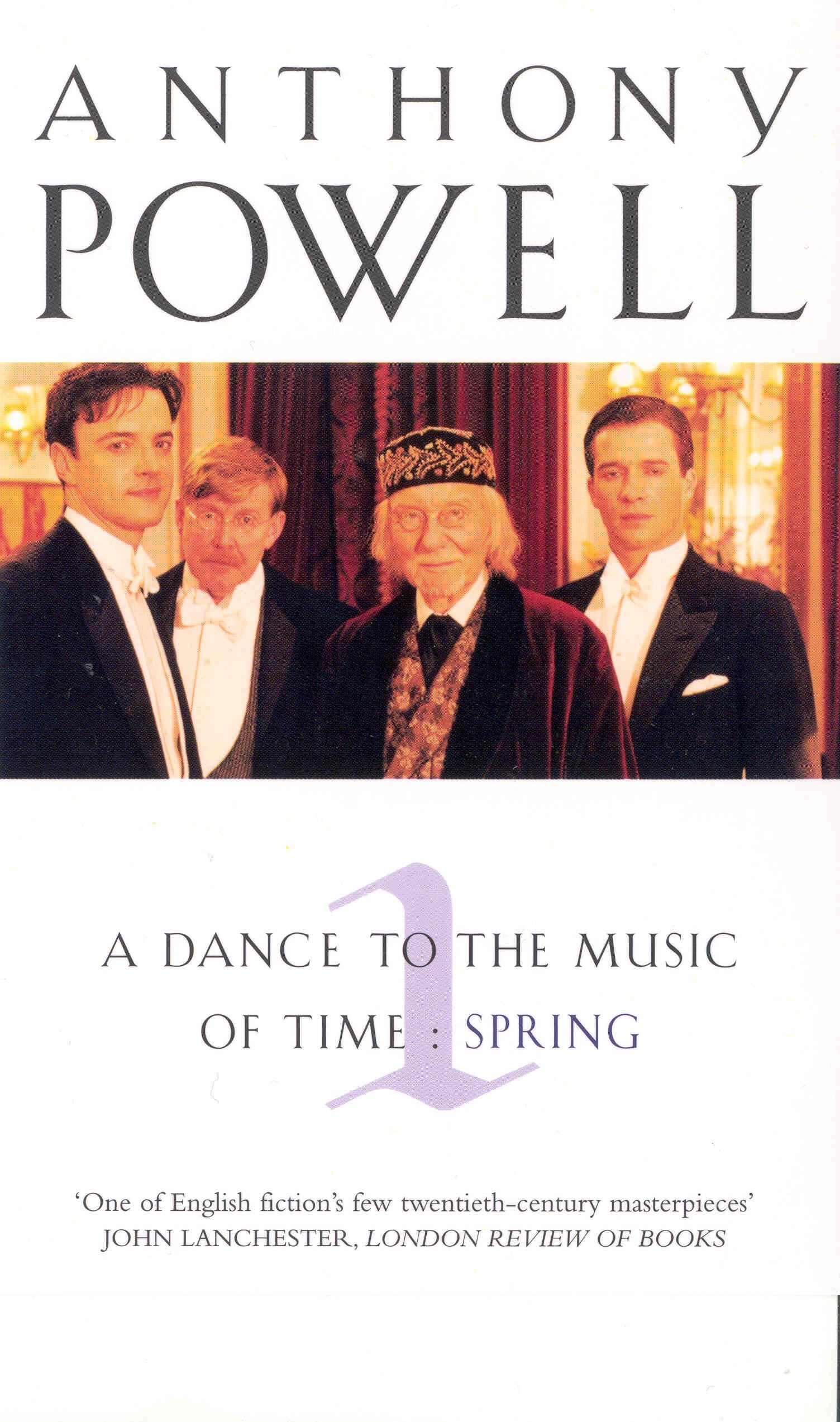Book of a lifetime: A Dance to the Music of Time by Anthony Powell
From The Independent archive: Hilary Spurling on illusion and disillusion in a remarkable series of novels

I started reading the first of Anthony Powell’s sequence of 12 novels, A Dance to the Music of Time, in my first year at university but stopped almost at once because it seemed too dull and far too lifelike. A few years later I tried again, beginning nearly halfway through with the fifth novel, Casanova’s Chinese Restaurant. This time I was riveted from the magical opening paragraph to the memorable last sentence, and I’ve been hooked ever since.
Casanova starts with a description of a bombed-out Soho pub reduced to weeds and rubble, an image that still gives off for me a whiff as strong as if I’d somehow managed to bottle the scent of urban transience and decay. The book ends with a trip on a ghost railway at a funfair, remembered by the narrator as a succession of dizzy gradients and precipitous descents through pitch dark tunnels, “rushing headlong towards iron-studded doors, threatened by imminent collision, fingered by spectral hands, moving at last with dreadful, ever-increasing momentum towards a shape that lay across the line”.

I was young and cocky and still wet behind the ears when I first read this passage, which I took to be a fairly accurate account of what to expect from life itself. Nothing has happened since to change my mind, except that if anything, the dips get steeper and the lurches more alarming as the body on the line comes steadily closer.
The twelve slim volumes of the Dance have consoled and disturbed me all through my adult life. They’ve taught me a great deal, especially about illusion and disillusion, and how to spot the phoney in all departments of human affairs. One thing I love about the Dance is that, for all its throwaway wit and casual laidback stance, it never loses sight of the underlying actualities of love, growth, greed, desire, war, decline and death.
Join our commenting forum
Join thought-provoking conversations, follow other Independent readers and see their replies
Comments
Bookmark popover
Removed from bookmarks